District 39 Council Candidates Talk About the Future of Gowanus


Brooklyn Council Member Brad Lander has spent almost half a decade organizing community planning meetings to generate consensus around the rezoning of Gowanus, the southwest Brooklyn neighborhood known for its historic industrial corridor and sludge-filled canal.
But most of the candidates running to replace him say they want to change the hotly-contested plan or put it on hold.
The proposed rezoning covers 80 blocks fanning out from the canal, and would allow for the construction of an estimated 8,200 new housing units, 700,000 square feet of commercial space and 251,000 square feet of community space in an area now mostly zoned for industrial uses.
Lander has said that, without funding for capital repairs to NYCHA’s Gowanus Houses and Wyckoff Gardens, the rezoning would “fail from a racial equity standpoint.” But he otherwise calls the proposal “an opportunity to put fair housing principles into action” by asking “a more privileged community to absorb growth and welcome lower income neighbors.”
But at a candidates forum organized last month by the Cobble Hill Association, five of the six candidates seeking to replace the term-limited Lander in the District 39 Council seat said they opposed the current rezoning proposal. The sixth, Justin Krebs, said he’d support it if “deal breakers are met.”
There are several complex issues at play. The canal itself has been a designated Superfund site since 2010, and the ongoing, $1 billion-plus remediation process is expected to continue until at least 2022. Meanwhile, the rezoning has prompted spirited debate about topics ranging from brownfield remediation and stormwater management to concerns about racial equity and community engagement.
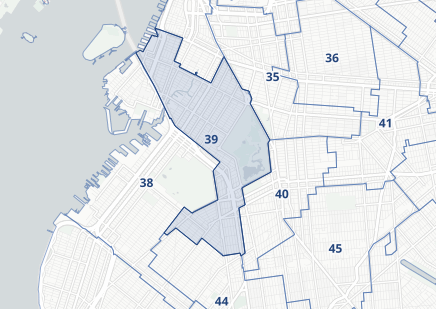
That last piece served as a foundation for a lawsuit filed against the city by the anti-rezoning group Voice of Gowanus, who says the city’s use of virtual public hearings during the pandemic is illegal and inequitable.
The city has countered that participation has, in fact, been much higher at online meetings than at in-person ones. And Brooklyn Community Board 6 wrote a letter, signed by several NYCHA tenant association presidents, that voiced support for moving forward with the ULURP process.
“The way for the community’s voice to be heard is to let the process move forward,” the Board wrote. “Not to stifle the voices of our community just as this important dialogue is set to formally begin.”
The rezoning process is on hold as the lawsuit makes its way through state courts—and time is of the essence. In addition to the looming expiration of the state 421-A tax abatement program of which some Gowanus developers want to take advantage, Lander’s (and Mayor Bill de Blasio’s) term ends on December 31st. If the seven-month ULURP rezoning process is delayed until the summer, the rezoning’s fate could be in the hands of Lander’s successor.
With that in mind, we asked each of the candidates for their takes on the rezoning and on developing affordable housing in the district. Here’s what they had to say.
Shahana Hanif – Website
Hanif is a former Director of Organizing and Community Engagement for Council Member Lander.
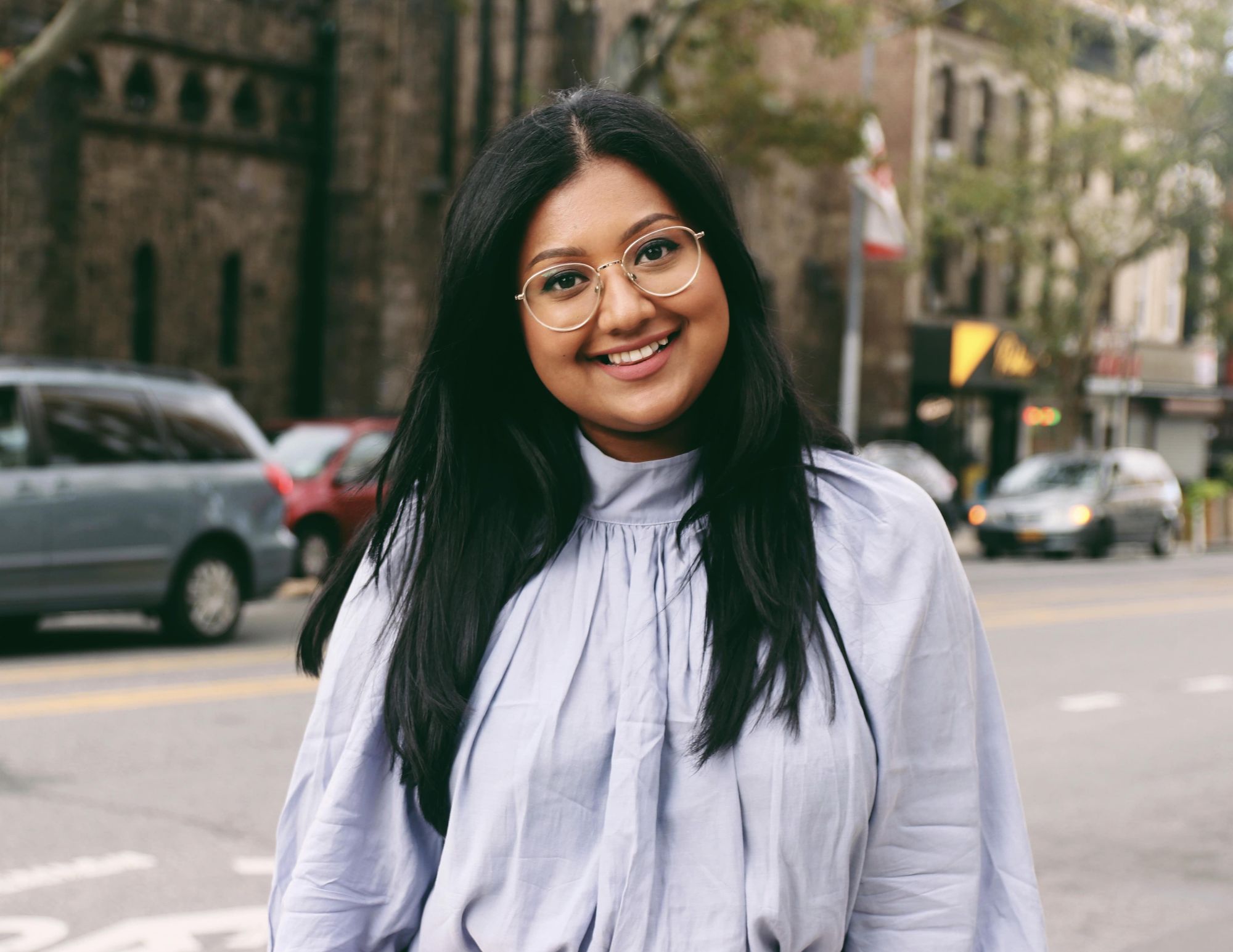
Gowanus Neighborhood Coalition for Justice have underscored the failure to properly consider the voices and demands of NYCHA in the planning process.”
Hanif also argues there is “there’s no clear plan for the Gowanus Canal that addresses immediate environmental concerns,” and believes there has been a “lack of transparency regarding the environmental impact statement throughout the rezoning process.”
For her to support a rezoning, Hanif wants:
- “Full funding for infrastructural improvements and resiliency” at local NYCHA facilities.
- More input from NYCHA residents “by appointing public housing residents to Community Board 6, creating a tenant-based NYCHA Council, and including NYCHA housing in the environmental scope of the process.”
- The creation of an “environmental justice special district,” a plan for “net-zero combined sewage overflows,” and an earlier release date for the required environmental impact statement “to ensure the community has enough time to read the report and give feedback.”
- A racial impact assessment and a new public health impact assessment.
Beyond the rezoning, Hanif said she would advance affordable housing goals through support for the Community Opportunity to Purchase Act, the abolition of the tax lien sale law, and the provision of funding for community land trust projects.
Brandon West – Website
West is a former Campaign Manager for the advocacy group Center for Popular Democracy.
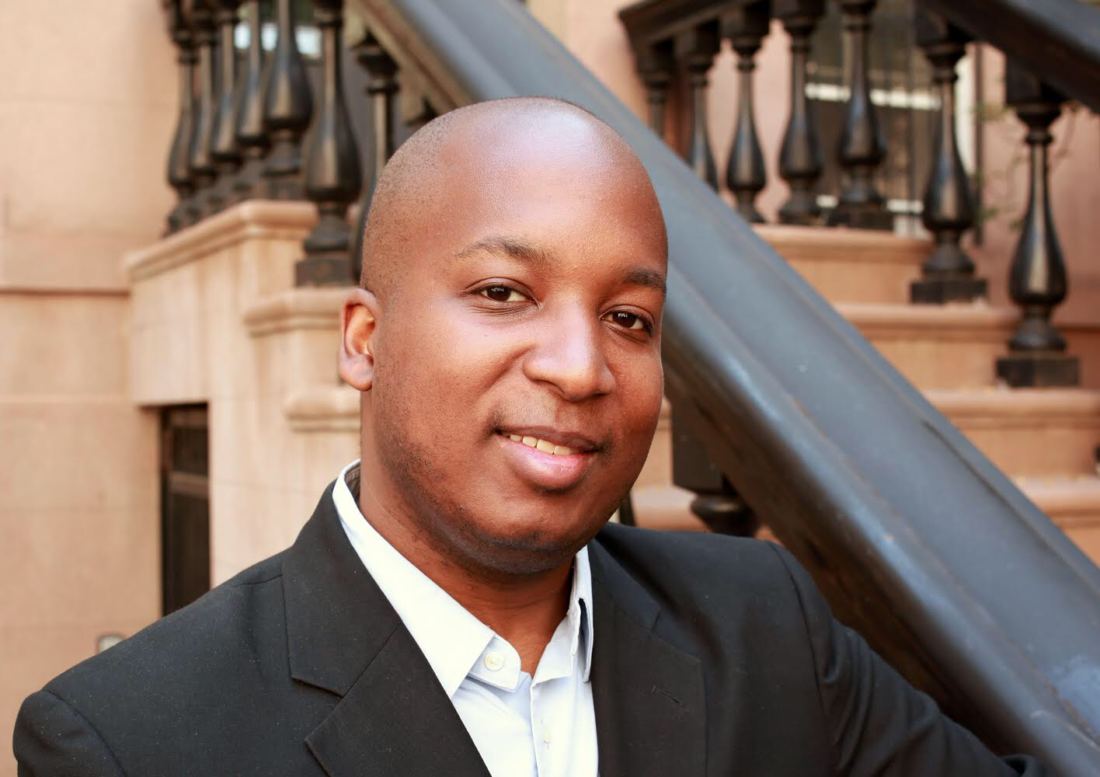
He told Bklyner the city “needs to provide assurances that waste-water mitigation is met, and, most importantly, the capital investments for the NYCHA complex is included.” He said the lack of agreement on those issues in advance of the ULURP process “makes me wary that these common-sense expectations won’t be met.”
West also expressed concerns about environmental remediation at the Park Place/Gowanus Green site, which has been a point of contention in recent months, and said conducting the ULURP during the pandemic is problematic since there “won’t be nearly as much community input, because, frankly, very few people still know about it.”
West criticized the affordable housing set-asides as insufficient: developers at the Gowanus Green site have proposed 950 units of income-restricted housing, half of which will be made available to people making less than 50% of the Area Median Income (AMI), or just over $50,000 for a family of three. Another 40% of the units will be made available to those making 81%-120% of AMI, about $82,000 to $123,000 for a family of three.
“For me to really feel this project meets the needs of those most housing insecure, it needs to provide for those housing is most scarce, which is people who make $35,000 or below,” West said. “That needs to be a majority of the provided units.”
West said that, to “really provide enough housing,” the city needs to build “truly universal social housing” that is “integrated in communities, well-made, and supported by the city,” citing post-WWI Vienna as a model.
To do that, he wants the Council to form a charter revision commission to remake ULURP and create “a comprehensive citywide plan that would balance the city’s needs with neighborhood priorities.” Those charter revisions could include the creation of “an Office of Community Planning that would provide technical assistance to our community, which is something the Department of City Planning should be doing but that we know isn’t.”
Doug Schneider – Website
Schneider is a Democratic district leader and attorney.
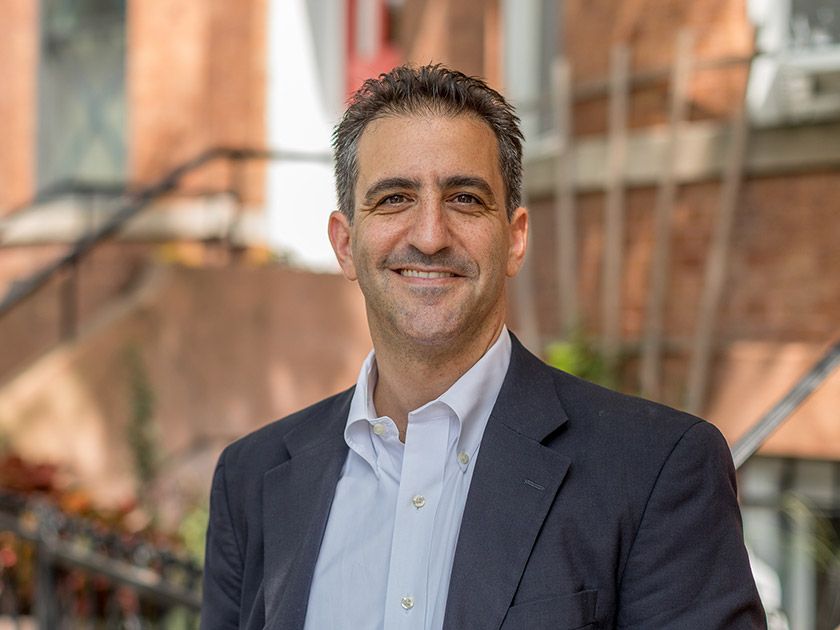
Schneider told Bklyner that “while I believe the Gowanus rezoning covers a good area for housing development in District 39, I do not support the proposal in its current form.”
He also cited the demands of the Gowanus Neighborhood Coalition for Justice and said he would not support the proposal unless “there is upfront capital investment in the Gowanus Houses and Wyckoff Gardens; there is zero combined sewage overflow as a result of the rezoning; and the city creates an ‘Environmental Justice Special District’ with a diverse, local oversight board.”
Schneider also said he wants “a commitment that the development would prioritize employment from underserved communities,” and “an overwhelming scientific consensus” that housing on the Gowanus Green/Public Place site will be safe for future residents.
Bridget Rein – Website
Rein is an assistant to the staff director of the United Federation of Teachers.
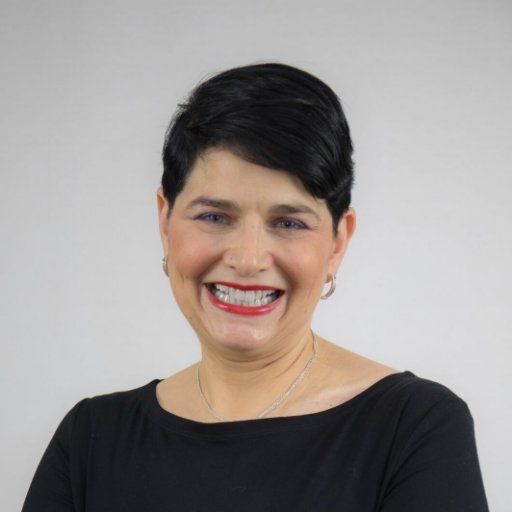
Rein told Bklyner she had “joined forces” with Voice of Gowanus because the rezoning plan “needs to be done with a lot of thought,” and said she supports pausing the ULURP process until the pandemic is over.
“We need to focus our resources and our efforts in terms of recovery to bring normality back to our community,” she said. “COVID relief, reopening schools, making sure businesses, restaurants and theaters are thriving. Then we can continue the rezoning process during a period when we’re not on an emergency basis.”
Rein also criticized the city’s virtual ULURP meetings, arguing that “Zoom meetings are canned meetings.”
“You can throw people out of a Zoom meeting,” she said. “I’ve done it, where you just delete them.”
When the appropriate time comes, Rein wants the city to send out physical mailers to local residents so “everyone feels they are part of the decision making,” followed by an in-person community meeting hosted by Brooklyn Community Board 6.
As for the proposal itself, Rein worries about the toxicity of the Gowanus Canal, and said “I do not feel comfortable putting anybody who is seeking low-income housing in that area when, environmentally, it’s unsafe.”
She said she wants “assurances that the water is clean, that the air is tested, that we’re working to make sure that everybody is safe.” She also wants to ensure funding for nearby NYCHA developments, and said she was backing efforts by union 32BJ to “make sure they have jobs in the district.” (Notably, a 32BJ member wrote an op-ed in the New York Daily News in the fall expressing support for the rezoning proposal.)
Rein said she would “look at every area of the district” for opportunities for affordable housing development, and specifically suggested the development of workforce housing near New York Methodist Hospital in Park Slope.
“I’m not against building and I’m not against people living in my district,” Rein said.
Justin Krebs – Website
Krebs is the Director of Campaigns at the national advocacy group MoveOn.
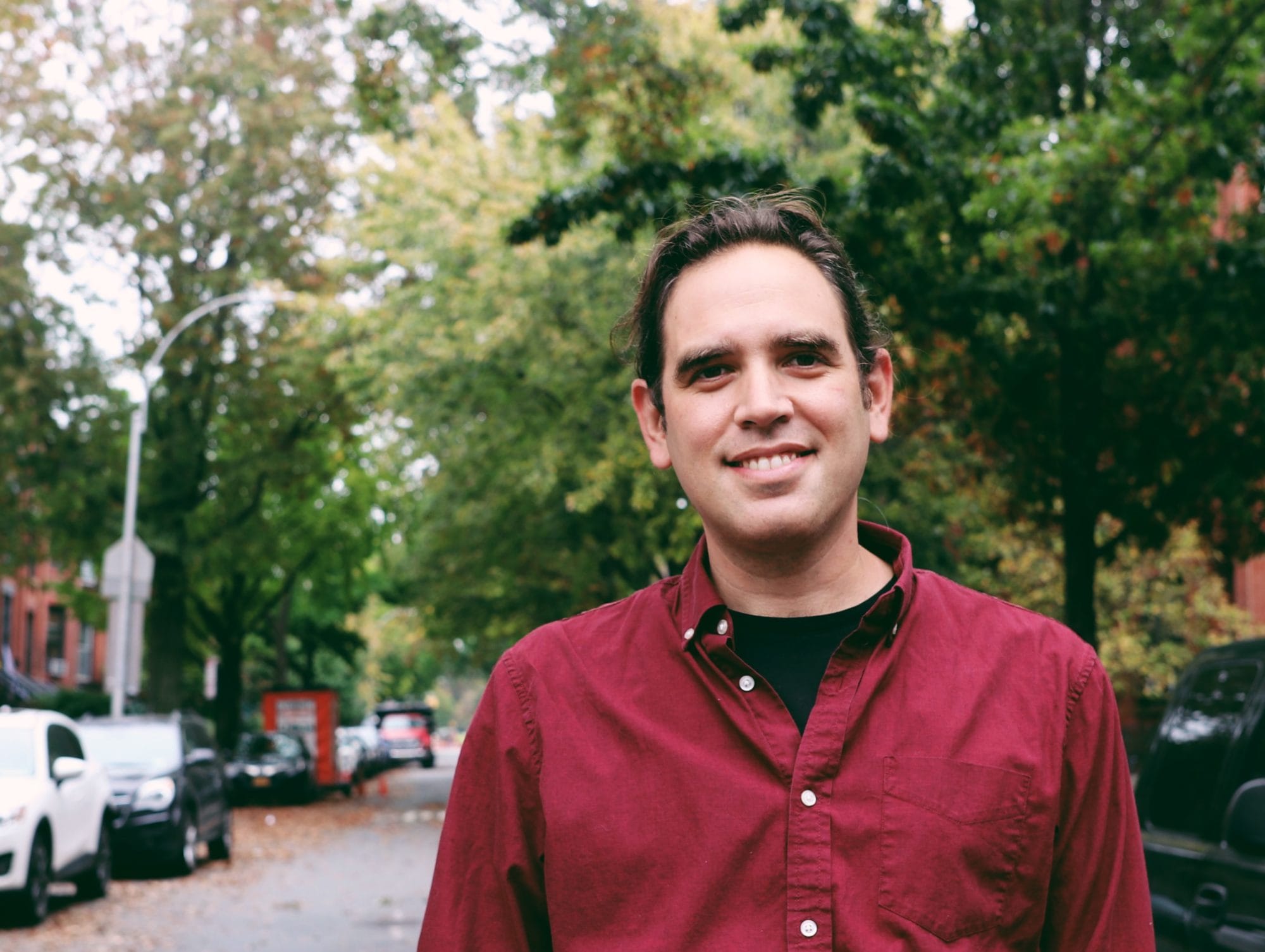
Like other candidates, Krebs cited the Gowanus Neighborhood Coalition for Justice and said he would “follow that coalition’s lead as critical partners” and also “continue Brad Lander’s thoughtful work on this project which helped spur the formation of this coalition.”
Krebs said that if the rezoning process includes “fully funding NYCHA’s pressing capital needs at the Wyckoff and Gowanus Houses, investment to ensure net zero [combined sewer overflows] from new construction, and local oversight of an Environmental Justice Special District, among other goals sought by the Gowanus Neighborhood Coalition for Justice, I would be in favor of moving forward on the rezoning.”
Krebs was amongst the quickest of the candidates to point out the benefits of the proposal: “The possibility of getting almost a thousand units of affordable housing a short walk from two subway stations, a new school, and a public park at Gowanus Green as the canal and upland sites are cleaned.”
He said “getting Gowanus right is a generational project” and that, as Council Member he would “pledge to be a leader in holding the City and other parties accountable for any commitments they make.” Krebs wants the city to “move quickly” on its commitments under the canal Superfund program “by building the stormwater detention tanks previously agreed to,” and by ensuring “continuous operations of the community composting and ecological programming Gowanus Canal Conservancy and BIG Reuse have on the Salt Lot site.”
Beyond Gowanus, Krebs said, he would “continue to support comprehensive planning in a fair share framework.” He wants the city to invest in “a massive Municipal Social Housing Trust working citywide” that puts “the public interest in the driver’s seat of fixing this problem instead of relying predominantly on for-profit developers.” He said development must come with “community benefits and sufficient infrastructure like green space and open space, schools, transit and cycling infrastructure, and space for arts and culture.”
Mamnun Haq – Website
Haq is a program associate at NYU Grossman School of Medicine and former head of the Taxi Workers Alliance.
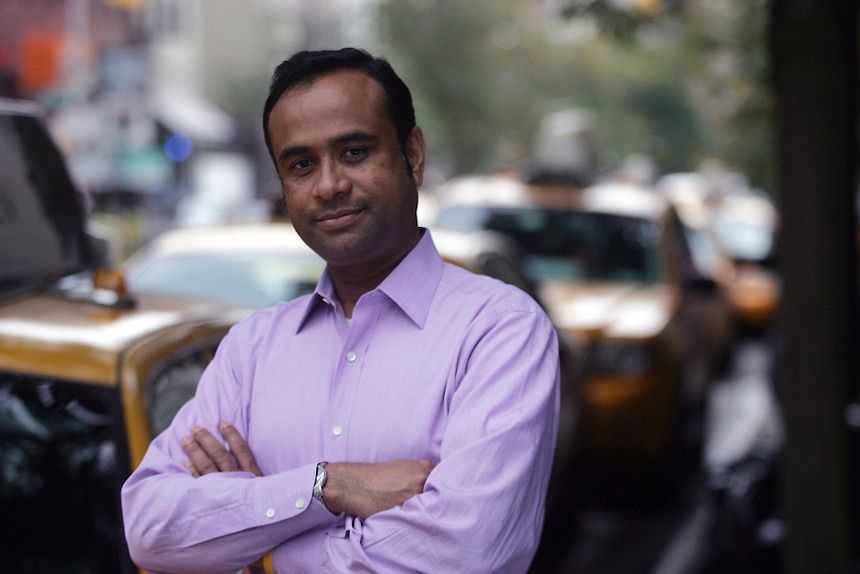
Haq called Gowanus “the only place we have where we can have more affordable housing” in the district, “so we have to think about it very carefully and seriously.”
He pointed to the 2003 upzoning of 4th Avenue in Park Slope, which produced little affordable as an example of problematic development, though that project was approved with much weaker affordable housing requirements than what the Gowanus rezoning calls for.
Nevertheless, Haq said he wants to deepen the current affordability thresholds beyond those created by the city’s Mandatory Inclusionary Housing policy, to mandate net-zero wastewater overflow, and “to demand a concrete and accountable guarantee that housing is not flooded.”
Haq said he supports delaying the rezoning until after the pandemic has ended, and wants to provide more support for industrial businesses along the canal.
“Whoever gets elected should come up with a better plan for the people,” Haq said. “We have to dig down more and make sure housing is affordable.”





